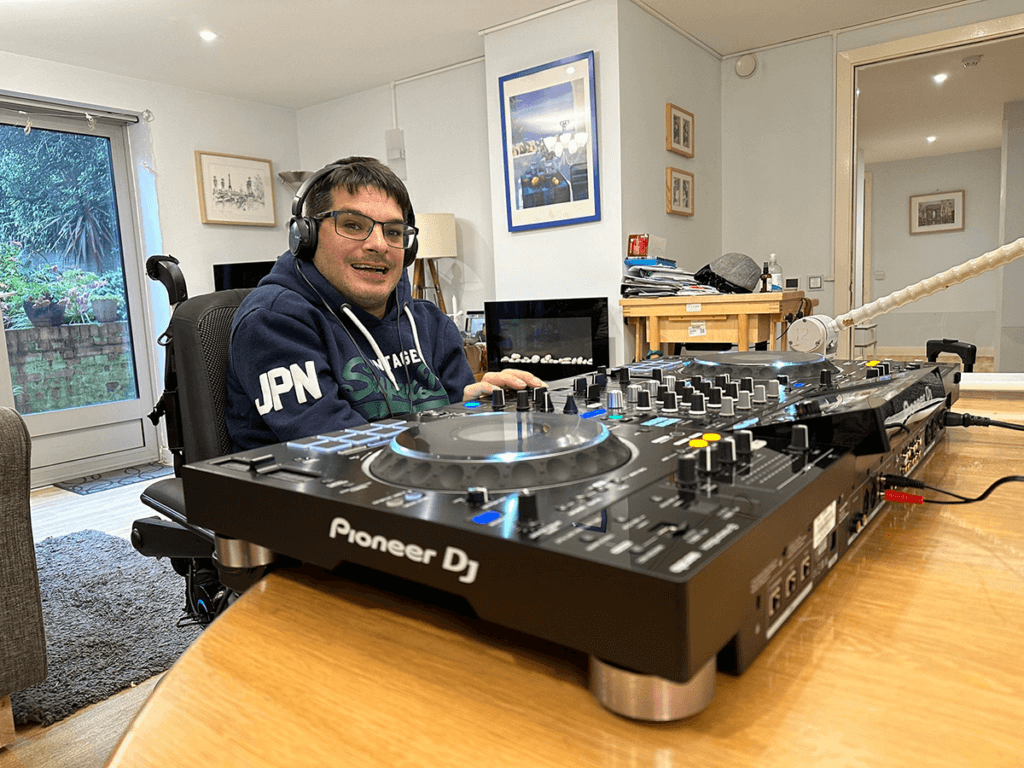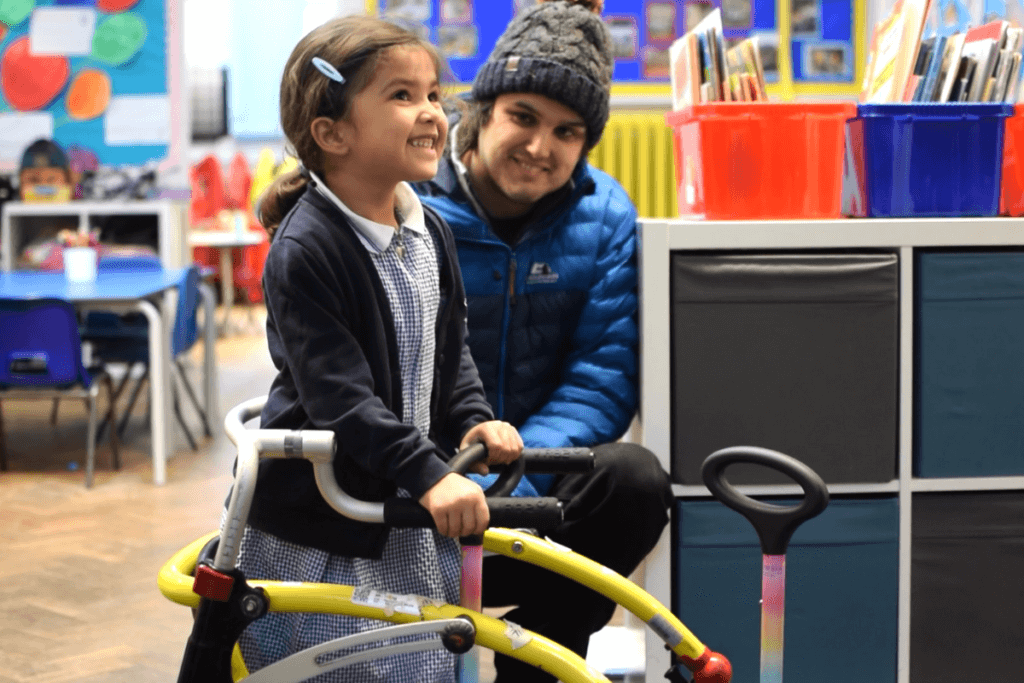Structured interventions during pregnancy, such as those centred on a Mediterranean diet or mindfulness-based stress reduction, can improve child neurodevelopment by the age of two, as demonstrated from the results of a randomized clinical trial carried out by researchers from BCNatal and funded by Cerebra published in the journal JAMA Network Open.
The study, follows up on The Improving Mothers for a Better Prenatal Care Trial (IMPACT) Barcelona, a three year randomized clinical trial, in which more than 1,200 pregnant women at risk of at high risk of having a small baby at birth participated.
Participants on the trial were randomly divided into three groups: one in which they had visits with a nutritionist in order to follow a Mediterranean diet, a second group in which they followed a mindfulness programme to reduce stress, and a control group with usual monitoring. A follow-up was then conducted to see how the baby was developing and whether there were any complications during pregnancy and delivery.
The dietary intervention was based on methods used in the PREDIMED study that demonstrated the benefits of a Mediterranean diet to prevent cardiovascular disease, which was endorsed by the American Heart Association. Pregnant women in this group had a monthly visit with a nutritionist to change their dietary patterns and adapt these to a Mediterranean diet, incorporating more fruit and vegetables, white meat, oily fish, dairy products, whole wheat grains. In addition, they were provided with free products rich in omega-3, such as extra virgin olive oil and walnuts.
The stress reduction intervention was based on the Mindfulness-Based Stress Reduction (MBSR) programme developed by University of Massachusetts and adapted to pregnancy by the Barcelona researchers. Groups of 20-25 women were formed to follow the pregnancy-adapted programme for eight weeks (which included yoga, meditation and mindfulness group sessions and home-based interventions, which all focused on the relationship between the mother and the developing baby. The third group was of women was given standard prenatal care.
The initial results of the study were published in December 2021. At the time of delivery, researchers found that nearly 22% of women who received only prenatal care gave birth to babies of low weight. The number of low-weight births dropped to 15.6% of the women who attended stress-reduction classes and 14% of the women who ate a Mediterranean diet.
Among the pre-specified aims of the trial was to assess the effects of maternal lifestyle interventions during pregnancy on infant neurodevelopment. Researchers visited 626 children at two years of age (representing approximately half of the original study group) and administered the Bayley Scales of Infant and Toddler Development.
The Bayley Scales of Infant and Toddler Development, Third Edition.
(Bayley-III) is a widely used assessment tool for evaluating the developmental progress of infants and toddlers aged 1 month to 42 months. It assesses various aspects of a child’s development, including cognitive, language, motor, social-emotional, and adaptive skills. It involves activities like playing, talking, and observing the child’s responses that provide valuable insights into a child’s development and helps identify potential developmental delays or areas where early intervention may be beneficial.
The results indicate that the children of women who followed a Mediterranean diet program during pregnancy showed better results on the test, particularly in cognitive aspects (sensory and motor development, object association, and concept formation) and socioemotional domains (related to relationships and interactions). On the other hand, children of women who followed a stress reduction program during pregnancy showed better results in the socioemotional domain.
Although other studies had already suggested the association between maternal diet and the neurodevelopment of children, while others have linked stress and anxiety in pregnant women with worse neurological development, BCNatal researchers highlight that their study represents the first randomized clinical trial aimed at evaluating the impact of lifestyle interventions, particularly those based on the Mediterranean diet and stress reduction, on child neurodevelopment.
The validation of the advantages associated with these interventions paves the way for potential revisions in current pregnancy monitoring and control protocols. It demonstrates that modifying a pregnant woman’s lifestyle can effectively decrease pregnancy complications and enhance the health and development of the baby, without necessitating pharmaceutical or alternative forms of treatment. And according to the authors “These results provide a clear and empowering message to mothers and families. It is possible to positively influence pregnancy and the future baby’s health with relatively easy-to-implement measures”.









